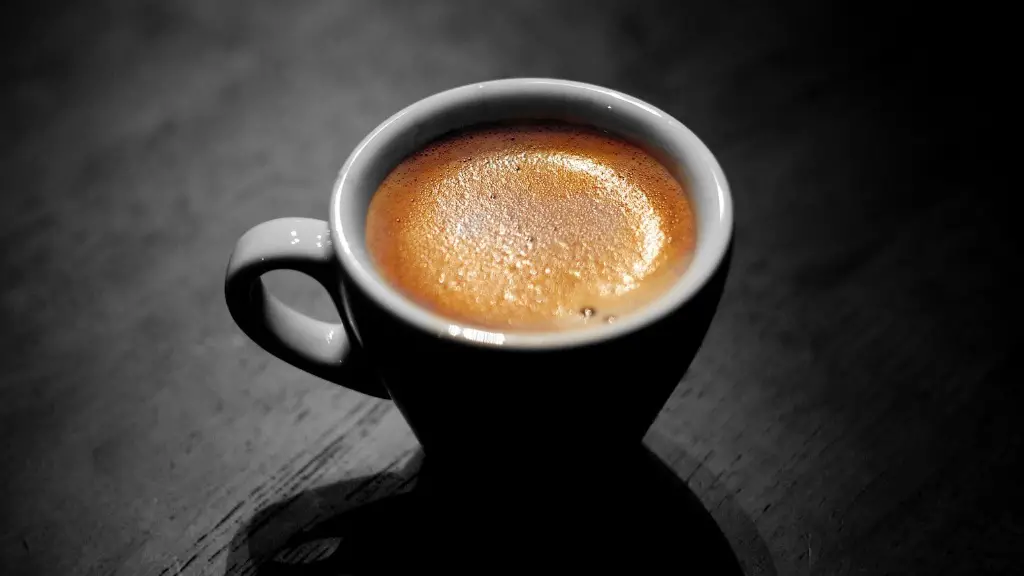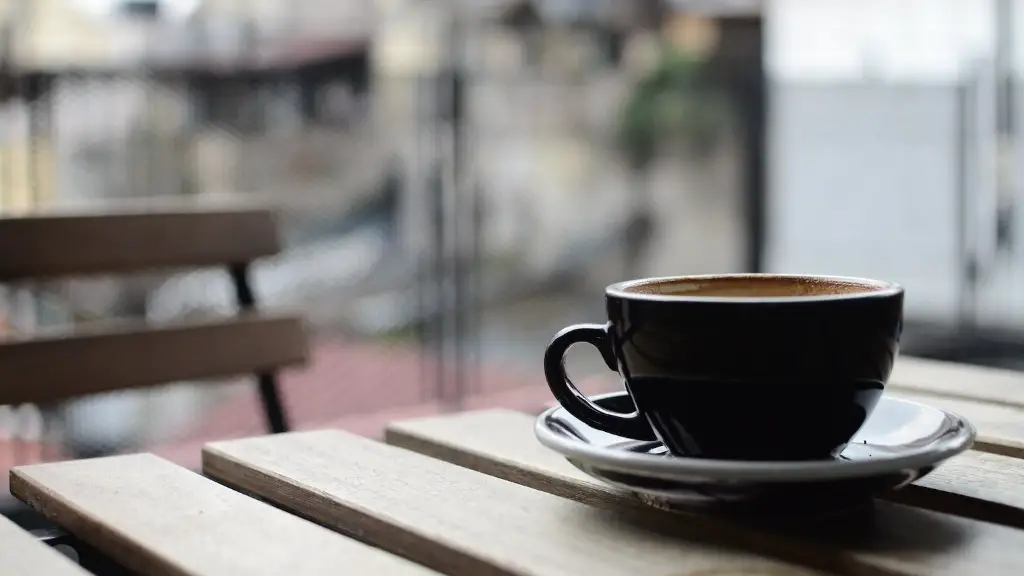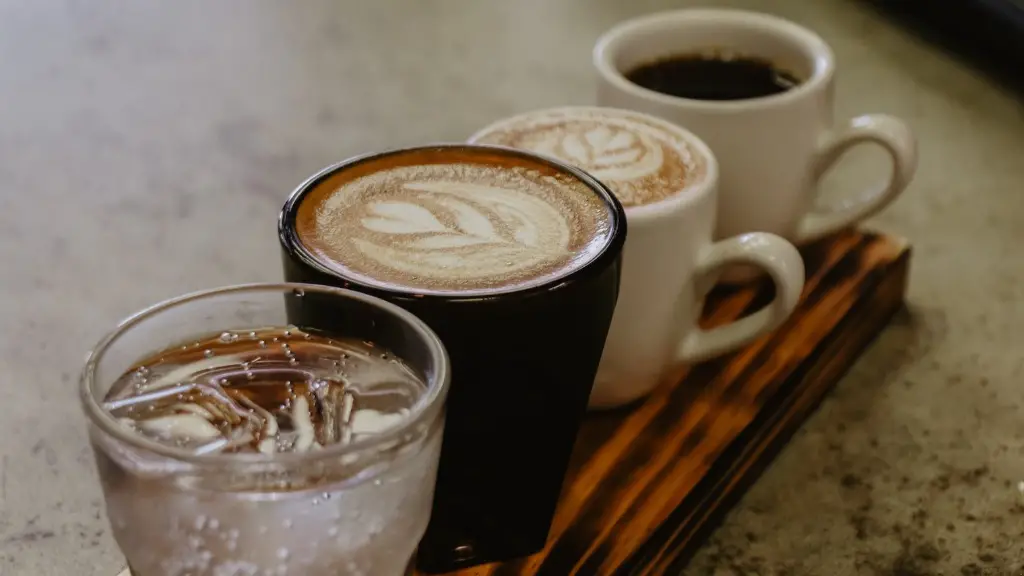America runs on coffee. According to the National Coffee Association, around 64% of American adults drink coffee every day, making it the most popular hot beverage in the country. At any given time, the United States consumes around 500 million cups of coffee each day. This huge demand has shaped the landscape of the U.S. coffee industry, which is worth an estimated $48 billion. Here’s a closer look at the American coffee-drinking culture, its origins, and why coffee has become such a beloved morning staple for people all across the country.
A Historical Look at U.S. Coffee Consumption
Coffee first arrived in America in the mid-1600s, when Dutch settlers began cultivating coffee trees in the colonies. Back then, coffee wasn’t considered a popular drink—it was seen more as a novelty. It wasn’t until later in the 1700s, when the revolution happened and coffeehouses started popping up all over the Northeast, that coffee really took off in the United States. Soon enough, coffee had become an American tradition, an everyday beverage for all citizens regardless of class or economic standing.
It wasn’t until the mid-1800s that coffee really became the mainstream drink it is today. This was thanks in large part to the invention of the drip coffee pot, a machine that made brewing large batches of coffee much easier and faster. In the 1950s, packaged coffee became widely available as well, further increasing its popularity. Nowadays, coffee is firmly entrenched in U.S. culture, and it seems that it isn’t going anywhere anytime soon.
Who Drinks Coffee in the U.S.?
Coffee consumption in the United States is fairly evenly spread across all genders, age groups and income levels. In particular, the most recent data indicates that in 2020, 75% of people aged 65 and older are regular coffee drinkers. Meanwhile, 77% of people aged 45-64 also drink coffee regularly. The youngest demographic, aged 18-44, comes in second with 69% of them being regular coffee drinkers.
In terms of gender, men and women are pretty evenly split when it comes to drinking coffee regularly. In 2020, 68% of men and 65% of women reported drinking coffee regularly. However, there is one demographic that seems to enjoy coffee more: the higher-income earners. Around 68% of people with an income of over $90,000 a year reported drinking coffee every day, compared to just 54% of people who make under $30,000 a year.
What Type of Coffee is Popular in the U.S.?
As the U.S. coffee market has become increasingly competitive, more and more types of coffee have appeared on the shelves. Ground and packaged coffee accounts for roughly half of all purchases in the U.S., while specialty coffee drinks like cold brew, iced lattes, and pour-overs have seen an explosive increase in popularity over the past few years.
Espresso drinks are by far the most popular specialty coffees, with 58% of specialty coffee drinkers saying they enjoy them. Cold brew and iced lattes come in a distant second, at around 20%. Among the ground and packaged coffee group, medium roasts were the most popular by far, accounting for around 51% of all purchases. Dark roasts follow in second place with 17%, while light roasts make up 15%.
Where Do Americans Buy Their Coffee?
Coffee is increasingly available everywhere you go in the U.S. nowadays—from gas stations to grocery stores. However, it’s safe to say that the biggest source of coffee for most Americans is still their local coffee shop. Around 78% of people said they tend to get their coffee from a coffee shop or cafe, while 66% reported buying coffee from a grocery store.
Interestingly, online coffee sales have seen rapid growth over the past few years. Online specialty coffee sales have grown by a massive 87% in the past 4 years, and grocery store coffee sales have grown by 45% during the same period. Clearly, the internet has changed the way people buy coffee, offering a convenient and affordable way to get their favorite blends.
What Factors Have Contributed to the Rise in U.S. Coffee Consumption?
There are a few things that have contributed to the surge in coffee consumption in the United States. Specialty coffee has undoubtedly been one of the biggest factors. As more coffee shops and cafes have opened up, offering a wide range of high-quality and hand-crafted beverages, more and more people have been attracted to the trend. Additionally, convenience and affordability have also been two major factors, as more people turn to online shopping for their coffee needs.
Are Americans Drinking More or Less Coffee Than in the Past?
Interestingly, data from the National Coffee Association shows that despite the increase in specialty coffee consumption, the proportion of Americans who are regular coffee drinkers has actually declined in the past few decades. In 2020, 64% of Americans drank coffee every day, compared to the 75% who did so in the late 1990s. This suggests that while Americans are now more likely to explore new types of coffee, the overall consumption habits haven’t changed much.
How Do Americans Feel About Coffee?
There’s no denying that people in the United States love their coffee. The vast majority of people reported drinking coffee for the flavor and taste, but there are also many other reasons why people are drawn to it. For instance, 63% of people reported drinking coffee to increase their energy levels, while 47% said it helps them to stay focused and alert. Additionally, many people also reported enjoying coffee just as a way to relax and take a break from their daily lives.
What Are the Potential Health Benefits of Drinking Coffee?
Coffee has been studied extensively, and research has found that coffee consumption can actually have some potential health benefits. For instance, studies have suggested that coffee can reduce the risk of developing certain types of cancer, as well as other diseases such as diabetes and Parkinson’s. Additionally, coffee has been linked to improved mental alertness and cognitive performance, as well as improved physical performance and a lower risk of cardiovascular disease.
Are There Any Potential Health Risks Associated With Drinking Coffee?
While there are many potential benefits to drinking coffee, it’s important to note that there are also potential health risks associated with it. For instance, too much caffeine can lead to insomnia, restlessness and other side effects. Additionally, unfiltered coffee is high in cafestol, which can elevate cholesterol levels. This is why it’s important to drink coffee in moderation and be mindful of how much caffeine you’re consuming.
Is Sustainable Coffee Available in the United States?
Yes, sustainable coffee is widely available in the United States. Many coffee shops and cafes are now focusing on going green and sourcing their beans from sustainable farms that practice ecological and ethical methods of farming. Additionally, many companies have switched to compostable packaging, while Fair Trade certified coffee has also become increasingly popular. These types of coffees are not only good for the environment, but also for the farmers who grow the beans.
How Has Technology Changed the U.S. Coffee Experience?
Technology has had an immense impact on the U.S. coffee experience. From mobile ordering apps that make it easier to get your favorite drink on the go, to specialty coffee machines that can make a perfect cup of espresso with just the push of a button, technology is making it easier than ever to enjoy your coffee. Additionally, the internet has enabled people to access more types of coffee than ever before. From Ethiopian single-origin blends to Fair Trade certified coffees, the possibilities are truly endless.




